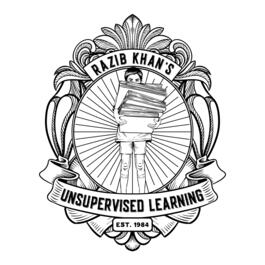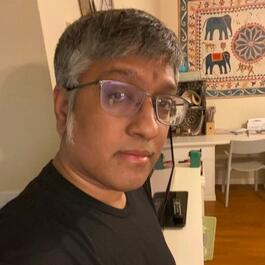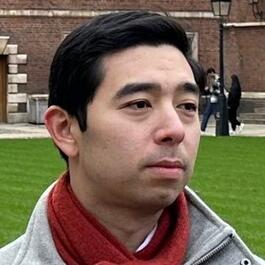
Rob Henderson: foster-kid to Ivy League graduate
On this episode of Unsupervised Learning Razib talks to Rob Henderson, author of the new book Troubled: A Memoir of Foster Care, Family, and Social Class. Henderson is a commentator known for coining the term "luxury beliefs," a tendency among elites to use their beliefs to signal social status, with real-life costs of those beliefs born by non-elites alone. Henderson grew up in California foster homes, before being adopted into a working-class family in Redding, CA. After an academically undistinguished period in high school, he joined the U.S. Air Force straight out of high school, eventually serving a short stint in Germany. While in the military, he was identified as intellectually gifted via standardized tests, and it was during this time that Henderson developed habits that equipped him to become an exemplary airman, and eventually a public intellectual. Along the way, Henderson earned a bachelor's degree from Yale and a Ph.D. in psychology from Cambridge University. Henderson first came to public prominence with his 2018 New York Times op-ed, Why Being a Foster Child Made Me a Conservative. Later he outlined the concept of luxury beliefs in Quillette, and moved his popular newsletter to Substack. Troubled fleshes out the working-class life experiences that made Henderson who he is today, and how and what sets him apart from other members of the elite-educated "professional-managerial class." While he was an indifferent student who barely graduated high school, parental expectations prepped Henderson's classmates for the Ivy League. At the time Henderson was studying at Yale, the median family income of his fellow students was $192,000. In Redding, CA, where he grew up, the median family income was about $65,000. About ten times as many Yale students hailed from the top 1% (19%) than the bottom 20% (2.1%) of family income. Troubled would shock many of Henderson's Yale classmates, because the economic, social and cultural deprivation and domestic volatility he describes would be so alien and unrelatable. Among the most striking illustrations of how he grew up was Henderson's perplexity upon being expected to be excited for his first birthday party in his adoptive home. As a former foster child with a winter-break birthday, not only had he never received presents, had a cake or a party. Henderson had literally never been sung "Happy Birthday." Troubled beings with Henderson's primary memories of his Korean immigrant mother when he was a toddler. After she was deported, Henderson's formative years in childhood were spent as a ward of the state, shuffled from foster placement to placement. Razib also touches on something that Henderson has discovered in the last few years with consumer genetics. Not knowing who his father was, and clearly not being fully Asian, he had always trusted he was of mixed white and Korean heritage. But a 23andMe test makes it plain that his father was genetically Mexican. Not entirely shocking as Henderson was conceived in Southern California, the genetic test turned him overnight into a "BIPOC" individual, with nearly 20% indigenous American ancestry. For the first time ever, parents going through IVF can use whole genome sequencing to screen their embryos for hundreds of conditions. Harness the power of genetics to keep your family safe, with Orchid. Check them out at orchidhealth.com.
From "Razib Khan's Unsupervised Learning"




Comments
Add comment Feedback